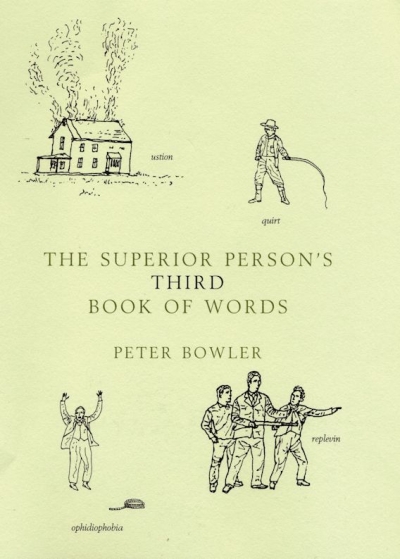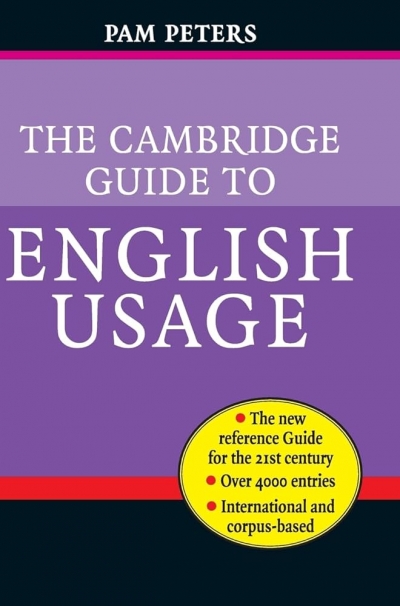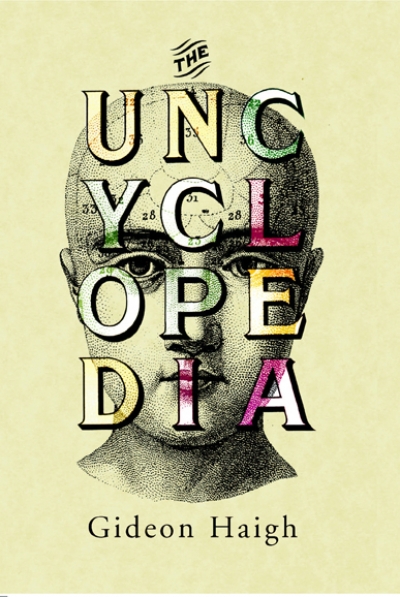The Cambridge Guide to English Usage is written by the Australian academic Pam Peters, and is an interesting extension of the work she published in The Cambridge Australian English Style Guide (1995). This time Peters examines more than 4000 issues of word meaning, spelling, grammar, punctuation and style as exemplified in the Englishes of the UK, the US, Canada, Australia and New Zealand. The book will appeal to both a specialist and a general readership.
The major players here are the UK and the US, and the evidence of usage for these domains is drawn largely from corpora (or should it be corpuses?), especially the 100 million-word British National Corpus (BNC) and a subset of 140 million words of American English from the Cambridge International Corpus (CCAE). The evidence for usage in the other Englishes is not corpus-based, and relies largely on dictionaries, style guides and questionnaires.
...
(read more)



